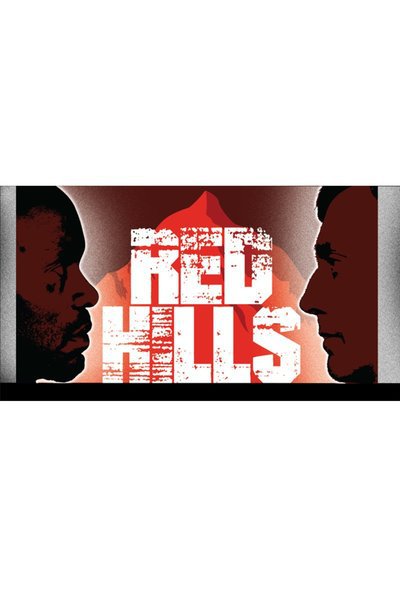
Critic Reviews (3)
“A clever, site-responsive play...An intelligent work of theater and ultimately a reassuring one...What Ms. Pearl’s canny direction and the evocative design can only somewhat disguise is the conventional structure of the piece...The problem isn’t that this is a hopeful ending, but that it’s an ending that elides some of the more uncomfortable questions about who gets to own pain, who gets to profit from it, what it means that hate has birthed a tourism industry.”
Read more
“A reworking of Lewis’ solo memory play ‘Dogs of Rwanda’...Kawe maintains Lewis’ basic plot but alters the conception for two characters...Lacks a compelling spine and earlier presentational additions don’t really add much...Never becomes very compelling...Writing is slack, rudimentary and persistently not very clear. The audience is often directly engaged to react...'Red Hills' nobly seeks to dramatize a notable and tragic historical event but does so inadequately.”
Read more
"An honest conversation, full of laughter and heartache, between unlikely companions in misery. The seamless collaboration of two authors elevates the monologue of a privileged white man and returns the voice to those whose story it is in the first place...Ssenjovu’s performance is lively and forceful, and watching him savor Kawe’s tart jokes is very refreshing. The effect is strengthened by the contrast of horrifying stories of genocide in which his entire family perished."
Read more


